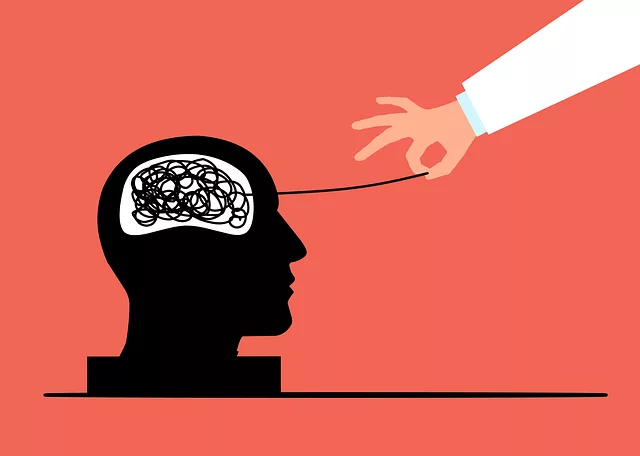Kaiser Permanente behavioral health services in Golden promote holistic well-being through positive thinking exercises like cognitive-behavioral therapy, mindfulness training, and affirmations. These evidence-based practices build mental resilience, reduce anxiety, prevent burnout, and enhance life satisfaction. Regular activities such as gratitude journaling and meditation, backed by research, improve mental health for individuals and healthcare professionals alike, fostering healthier work environments in Golden and beyond.
“Unleash your inner positivity with our guide on Positive Thinking Exercise Implementation. This comprehensive article delves into the foundational role of positive thinking in fostering overall well-being, highlighting the pioneering efforts of Kaiser Permanente Behavioral Health Services in integrating positive psychology. We provide a step-by-step guide to help you regularly incorporate these practices, offering insights similar to those employed by Kaiser Permanente’s successful programs. Discover how this approach can transform your life, just as it has for countless individuals at Golden opportunities.”
- Understanding Positive Thinking Exercises: A Foundation for Well-being
- Kaiser Permanente Behavioral Health Services: Leading the Way in Positive Psychology
- Implementing and Benefiting from Regular Practice: A Step-by-step Guide
Understanding Positive Thinking Exercises: A Foundation for Well-being

Positive thinking exercises form a fundamental aspect of overall well-being, as promoted by Kaiser Permanente behavioral health services. These practices are designed to cultivate optimistic attitudes and reframe negative thoughts, ultimately enhancing mental resilience. By engaging in such exercises, individuals can develop a more positive mindset, which has been linked to improved emotional regulation and reduced stress levels.
The benefits extend beyond mere positivity; they play a crucial role in anxiety relief and burnout prevention, as highlighted by effective Mental Health Education Programs Design. Regular practice can transform the way people perceive challenges, fostering a sense of control and empowerment. This simple yet powerful tool is accessible to everyone, offering a golden opportunity for personal growth and improved mental health.
Kaiser Permanente Behavioral Health Services: Leading the Way in Positive Psychology

Kaiser Permanente Behavioral Health Services stands as a beacon of hope and resilience, leading the way in positive psychology practices. With a focus on holistic well-being, they offer transformative solutions for individuals seeking to enhance their mental and emotional fortitude. Their approach integrates evidence-based techniques, such as cognitive-behavioral therapy, mindfulness training, and positive affirmations, into comprehensive care plans tailored to each patient’s unique needs.
By prioritizing the mind-body connection, Kaiser Permanente Behavioral Health Services empowers its clients to cultivate a culture of resilience. They encourage the adoption of confidence-boosting strategies, burnout prevention techniques for healthcare providers, and emotional intelligence development. These initiatives not only benefit individuals but also contribute to creating a healthier, more supportive work environment in Golden and beyond.
Implementing and Benefiting from Regular Practice: A Step-by-step Guide

Implementing regular positive thinking exercises can significantly enhance mental well-being and overall life satisfaction. To get started, begin with simple practices such as daily gratitude journaling, where you list three things you’re thankful for each day. This cultivates a sense of appreciation and optimism. Incorporate mindfulness or meditation techniques to quiet the mind and focus on the present moment, reducing stress and anxiety.
For those looking to delve deeper, consider structured exercises like cognitive reframing, where negative thoughts are challenged and replaced with more positive and realistic ones. Over time, this practice strengthens mental resilience. The benefits extend beyond individual growth; these techniques can enhance patient interactions for mental health professionals, as evidenced by Kaiser Permanente behavioral health services. By integrating such practices into their routine, professionals can improve risk management planning, facilitate conflict resolution techniques, and foster better self-awareness, ultimately benefiting both their personal lives and the care they provide.
Positive thinking exercises, as exemplified by Kaiser Permanente Behavioral Health Services’ leading role in positive psychology, are a powerful tool for enhancing well-being. By regularly incorporating these practices into daily routines, individuals can experience significant benefits that resonate across various aspects of life. With a step-by-step guide to implementation, anyone can cultivate a more optimistic mindset and reap the golden rewards of improved mental health and overall satisfaction.






